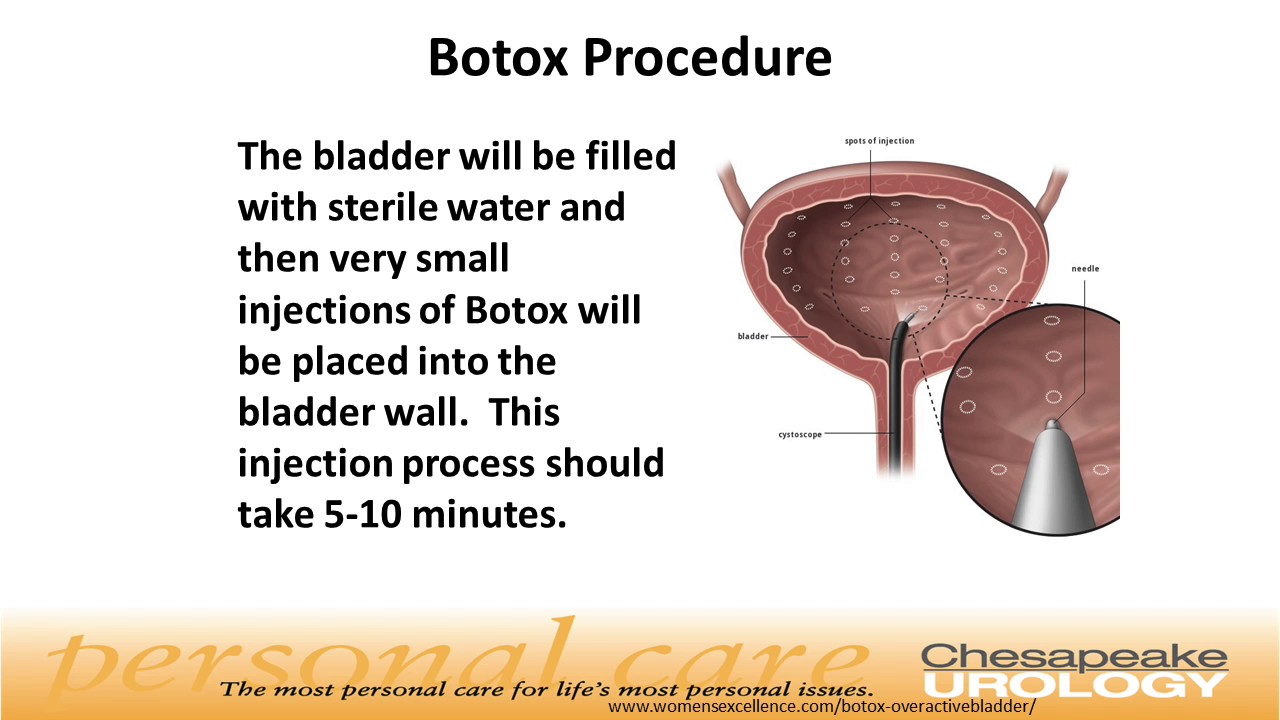
If you or your child is suffering from a deviated septum, there are several treatment options. You can undergo surgery to correct this problem, or opt for a more conservative treatment option. Before you decide to have surgery, be sure to read the pros and cons of each procedure. In some cases, you may need other types of repairs, such as a new septum.
The treatment options
Deviated septums can make breathing difficult. This condition can be treated with a variety of treatments. These treatments can be used to relieve sinusitis symptoms and delay surgery. These treatments include decongestants. They are medications that reduce nasal swelling. They can be taken either by mouth or sprayed directly into the nasal cavity.
If it isn't severe enough to cause any long-term complications, a deviated septum can usually be treated without surgery. Surgery is necessary if the septum becomes so severe that it affects breathing. If non-surgical treatments fail, ENT doctors, also called otolaryngologists recommend surgery.
Options for Surgical Treatment
A deviated septum can be fixed surgically. This will allow you to breathe easier and decrease nasal congestion. A valve repair or turbinate removal are some options. You can also have surgery done to remove polyps, or to improve the function your sinuses. Consider the risks and advantages of having surgery.

Though surgical procedures are not able to fix all deviated nasal septums, it is possible to have surgery if the deviated nose is causing severe congestion or interfering breathing. A deviated nasal septum can make the nose look more crooked, and may cause you to feel self-conscious. Surgical procedures such as septoplasty can straighten the septum and correct other nasal structural abnormalities. Patients can return home the very same day, without any bruising.
Complications of surgery
Sinus infections can often be caused by a deviated Septum. These infections can cause irritation and inflammation in the nasal passages, which in turn can lead to infection in the eyes and brain. They can spread to the brain tissue and cause seizures. In some cases, surgery may be required to correct the septum.
Surgery to correct deviated septums can bring about a host of complications. Even though there are very few risks, this surgery can lead to long-term problems. The possible symptoms include bleeding, pain, infection, and even death. Sometimes, patients will need consultation with a neurologist to address any complications.
Allergy treatment
A doctor diagnoses deviated septum by looking at the symptoms, as well as a physical examination of your nose and sinuses. To determine the cause, a doctor will ask questions about the symptoms and lifestyle of the patient. The doctor may also order a CT scan to examine the sinuses in order to determine the severity.
Some patients may find that allergy treatment for deviated Septum can help reduce symptoms. It may reduce swelling of the septum and the surrounding tissue and relieve congestion. But it will not solve the underlying problem.

Alternatives for surgery
Surgery is the most common procedure to correct a deviated septum. But there are alternatives. The minimally invasive endoscopic procedure of septoplasty is an excellent alternative to traditional surgery. It allows for excellent visualization of bone or cartilage which allows the surgeons to pinpoint the cause.
This surgical procedure corrects the deviated septum by straightening the nasal septum and reinserting it into the nose. To ensure proper alignment, the surgeon may need to trim and then reinsert the septum. The result is a better airflow through the nose. Patients should know that this surgery is not permanent and that other conditions could make it worse.